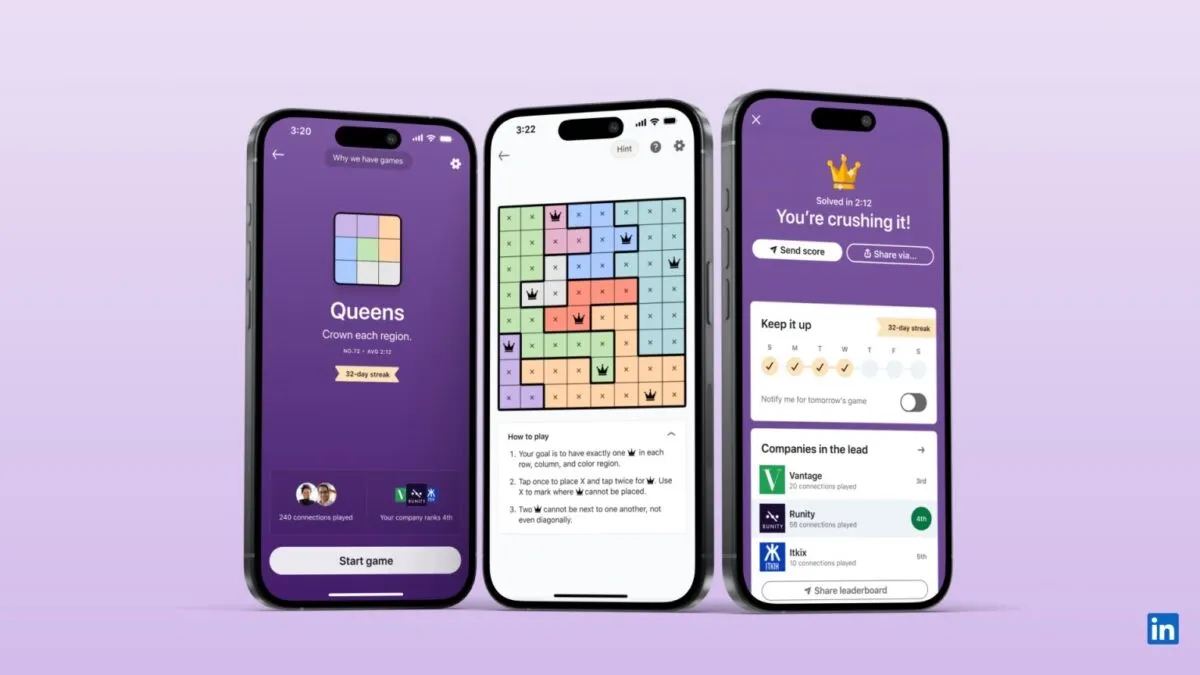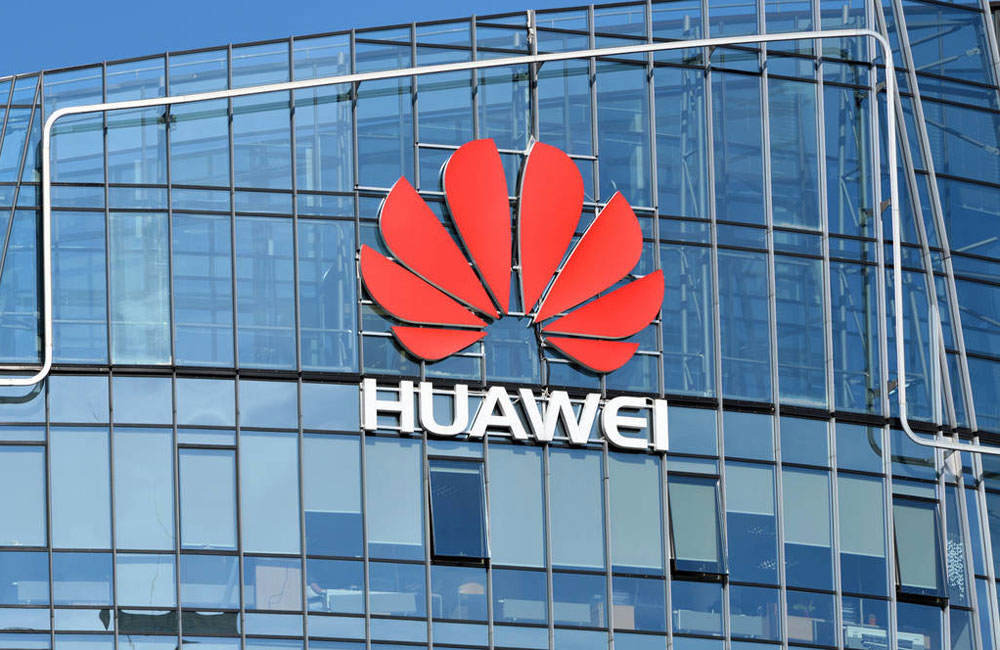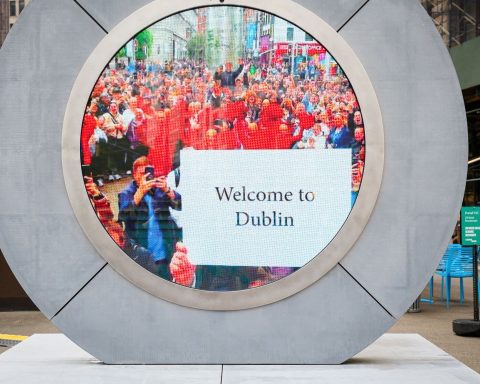
Starting Wednesday, LinkedIn users worldwide will find a new addition to their interface. The platform is rolling out three distinct games, each crafted to challenge the mind and engage users in under five minutes. These games will be accessible via the “LinkedIn News” box on the desktop version or the “My Network” tab on mobile apps.
The first game, titled “Pinpoint,” is a word association challenge where users have five attempts to guess a category based on different words presented. The second, “Queens,” is a strategic logic puzzle where players must place a crown emoji in every row, column, and color-coded region without overlapping. The third game, “Crossclimb,” blends elements of crosswords and word ladders, requiring players to use their trivia knowledge and vocabulary skills to solve the puzzle.
Daniel Roth, LinkedIn’s Editor in Chief, explained the rationale behind this initiative. “Sharing articles is often about building meaningful relationships,” Roth stated in an interview. “We’ve observed that games are an excellent medium for facilitating this. The recent surge in the popularity of short games that help people connect was a significant inspiration for us.”
The strategic integration of games into LinkedIn’s platform is not just about offering fun distractions. It is about leveraging playful elements to enhance professional networking. By solving puzzles, users can share their scores or challenge their connections, leading to increased interactions and conversations that go beyond the usual professional exchanges.
Laura Lorenzetti, Executive Editor for LinkedIn News, emphasized that any new games introduced will align with LinkedIn’s ethos of fostering professional relationships. “It’s all about helping you stretch and exercise your mind, but more importantly, how this helps you connect,” Lorenzetti said.
Minda Smiley, a senior analyst for social media at Emarketer, sees potential benefits for LinkedIn from this move. If the games prove popular, they could encourage users to spend more time on the platform and share more content, which is attractive to advertisers. Currently, the games are ad-free, but this could change as LinkedIn continues to expand its advertising strategies.
However, Smiley also cautioned LinkedIn about deviating too far from its core identity as a professional network. The challenge lies in balancing being a professional severe resource and offering more light-hearted content to keep users engaged.
In conclusion, LinkedIn’s foray into gaming represents a bold attempt to redefine professional networking. By integrating thought-provoking games into its platform, LinkedIn is diversifying its content and enhancing the way professionals connect, discuss, and interact in an increasingly digital world.







